Explore the Best AI Image Gallery
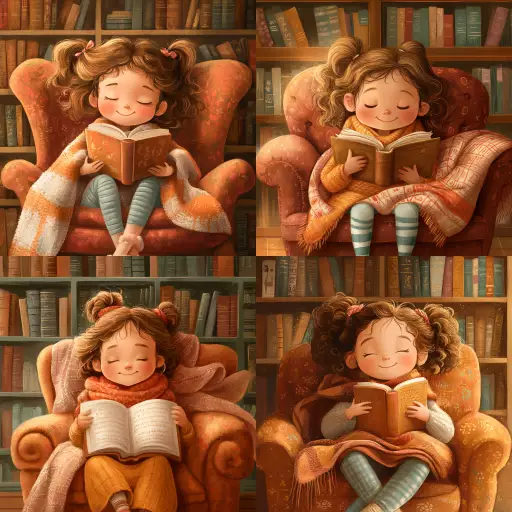
Beyond the Canvas: 5G and the Unfolding Future of Creativity
The creative landscape is on the cusp of a radical transformation, driven by the advent of 5G technology. This next-generation wireless network promises unprecedented speed, bandwidth, and connectivity, unlocking a realm of possibilities for artists, designers, and innovators alike. From immersive augmented reality experiences to real-time collaborative workflows, 5G is poised to redefine how we create, consume, and interact with art and culture.
A New Era of Immersive Experiences
One of the most profound impacts of 5G will be on immersive technologies. Augmented reality (AR) and virtual reality (VR) experiences will become even more seamless and realistic thanks to the high bandwidth and low latency offered by 5G. Imagine attending a virtual art exhibition where you can walk through a gallery, examine artworks in intricate detail, and interact with other visitors in real-time, all from the comfort of your home.
5G will also fuel the development of mixed reality (MR) experiences that blend the physical and digital worlds. Artists could create interactive installations where viewers can manipulate virtual objects within a physical space, blurring the lines between art and technology.
Revolutionizing Creative Workflows
Beyond immersive experiences, 5G will streamline creative workflows and foster collaboration. Real-time video conferencing with high fidelity will enable artists to work together on projects regardless of location. Imagine a team of designers collaborating on a digital sculpture, each contributing their expertise and seeing changes reflected instantly in the virtual space.
The cloud computing capabilities enabled by 5G will also empower creatives. Artists can access powerful processing tools and vast libraries of digital assets from anywhere, eliminating the need for expensive hardware and software installations. This accessibility will democratize creative production, empowering individuals with new tools and opportunities.
Ethical Considerations in a Connected World
As 5G technology reshapes the creative industry, it is essential to consider its ethical implications. Data privacy and security must be paramount as artists increasingly share their work and personal information online. Algorithmic bias in AI-powered creative tools needs to be addressed to ensure fairness and inclusivity.
Furthermore, the accessibility of advanced technologies raises questions about the future of work in the creative sector. How will 5G impact job creation and displacement? What skills will be most valuable in a world where technology plays an increasingly central role?
Shaping the Future of Creativity
5G technology is poised to usher in a new era of creativity, one characterized by immersive experiences, seamless collaboration, and boundless possibilities. As we navigate this transformative landscape, it is crucial to embrace innovation responsibly, ensuring that these advancements benefit all members of society and contribute to a more inclusive and equitable creative future.

](https://images.ai-img.art/thumbnails/150/352e8c2eac05f89c7c5b9165cf4e3c7e7bcfdf10030f37fe4229b04bf95f04d7.webp)
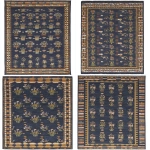
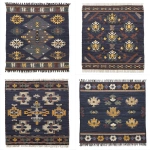

](https://images.ai-img.art/thumbnails/150/b09b4c4f0b20b0e5d8c364e1a4ebe3282ee245181b3326e242965a535cf7425b.webp)

](https://images.ai-img.art/thumbnails/150/ba2ea719ce0175cdb6ebf821b0e370f294d187969b2a87b4fa1b13adec6bd9b0.webp)
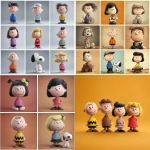
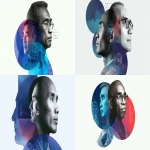







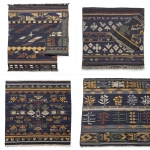
](https://images.ai-img.art/thumbnails/150/4592047c7f51523289f2d84060ae1139996840049beeb5cdb6b23fd84b691855.webp)




](https://images.ai-img.art/thumbnails/150/147333ddbc9c2e2d2e57f7d91bae5158c79ce92aea532012dfb3933575ac013e.webp)












](https://images.ai-img.art/thumbnails/150/c37a577d1e3e6842230e6da87fcf9eb0f0bf3f29235f73409dab15b15519b244.webp)
